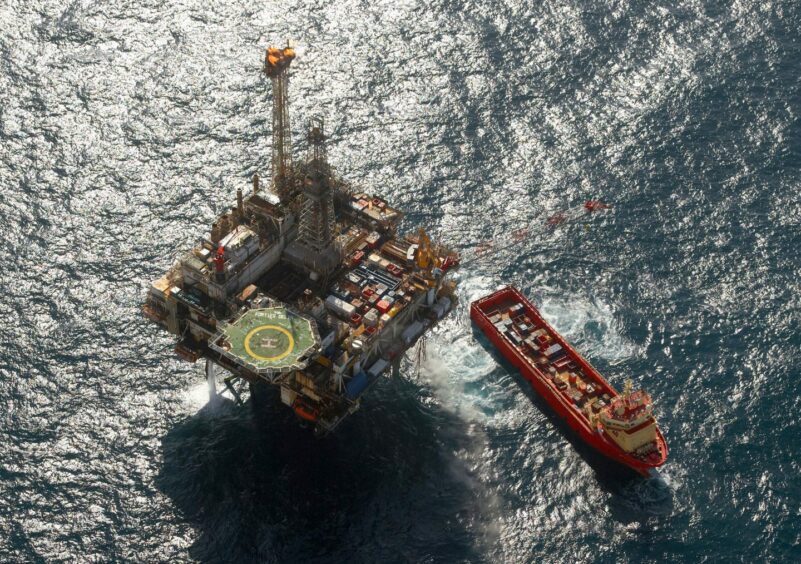
Domestic energy production in the UK has reached the lowest level since records began in 1948.
Figures from the UK Government show oil production reached a record low during 2023, while gas production was the second lowest level on record.
Overall production was down 36% on 2010 and 66% on 1999, when UK oil production peaked.
Despite lower energy demand – down 1.6% on 2022 – UK dependency on imports increased to 41.1% in 2023, from 37.3% in 2022.
Electricity imports increased significantly on 2022, while oil and gas still accounts for around 75% of the country’s energy requirements.
Norway and the US were the main sources of energy imports in 2023.
It comes days after industry body Offshore Energies UK (OEUK) warned that, without further investment, the UK faces a steeper decline curve in its domestic production – which currently accounts for around half of Britain’s energy requirements.
The group said in its business outlook report that production levels will decline in the near terms at around 10% per year, at a faster rate than demand being reduced domestically.
That could accelerate to 15% if “investment challenges continue”.
Production drop off
While Norwegian production is environmentally cleaner than that of the UK, any further import requirements to the UK are widely expected to come via US LNG which is almost four-times worse for the environment than domestic UK gas production.
In 2023 total production was 100.4 million tonnes of oil equivalent, 8.9 per cent lower than in 2022 and at a record low level in the published series, and 66 per cent lower than in 1999 when UK production peaked.
Production levels for all fuels except wind and solar are down on 2022, with coal, oil and nuclear output all at record lows. Production of oil fell by 11 per cent to a record low level, whilst natural gas fell by 10 per cent.
It comes as NGOs and other activist groups call for an end to domestic production in the North Sea, while the ruling Conservative government and opposition Labour party continue to create uncertainty for the investment environment.
The sector has had four tax changes since 2022 due to the windfall tax, while Labour – should it win power – is promising to extend the levy and slash investment allowances.
Industry leaders have repeatedly called for a more stable fiscal regime to stem the decline.
Market intelligence manager Ross Dornan said: “What we’re asking for is more stability, a more joined-up policy and a longer-term outlook, because that’s needed to give companies more confidence and certainty to move things forward.”
Recommended for you

